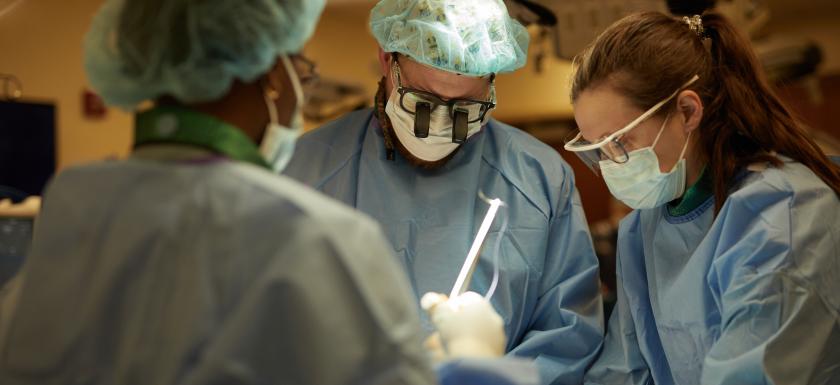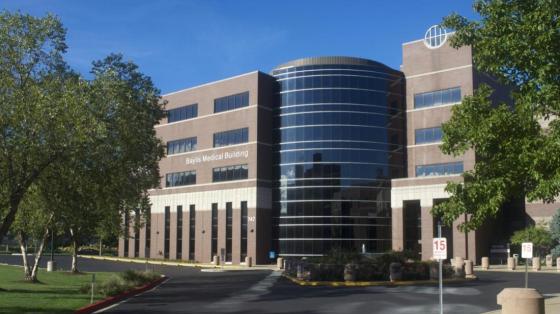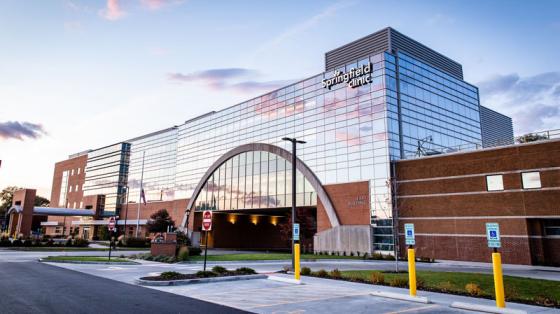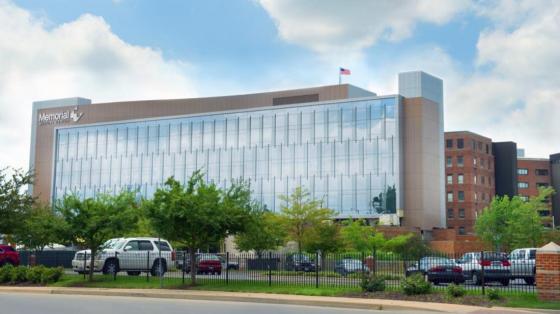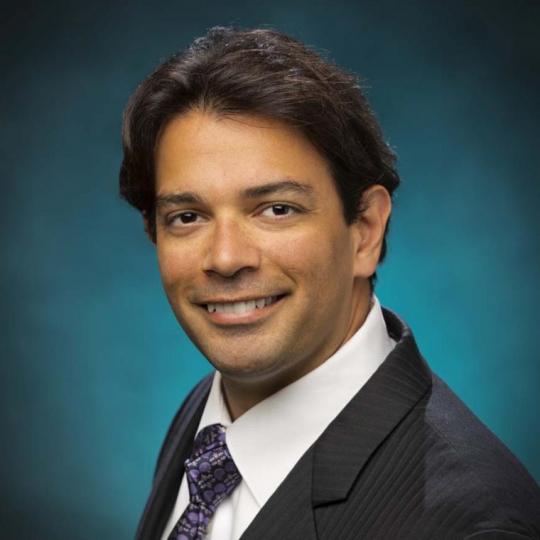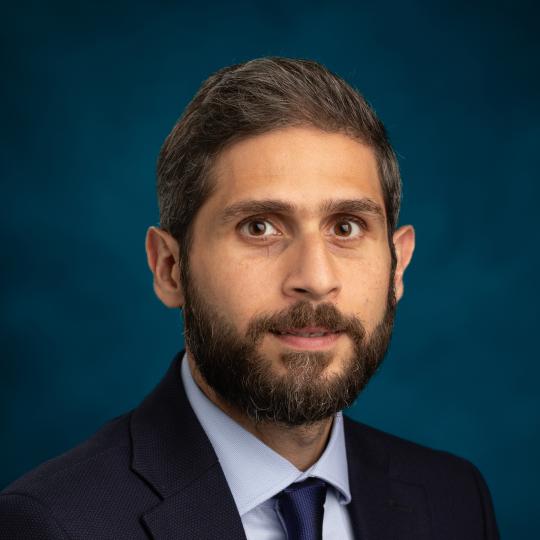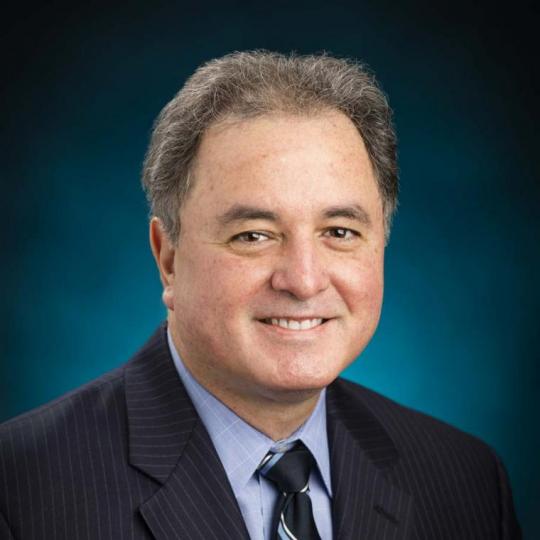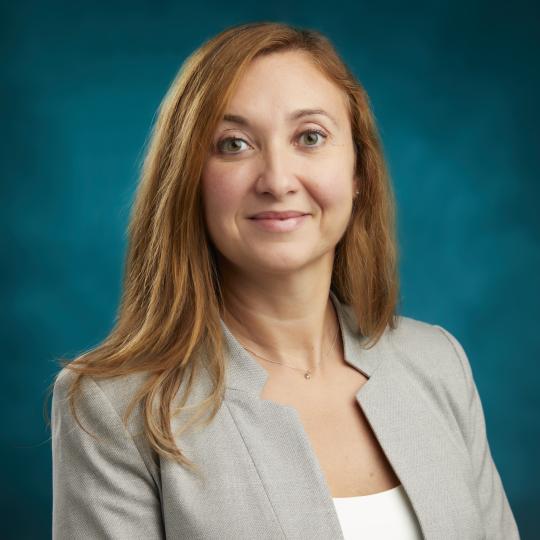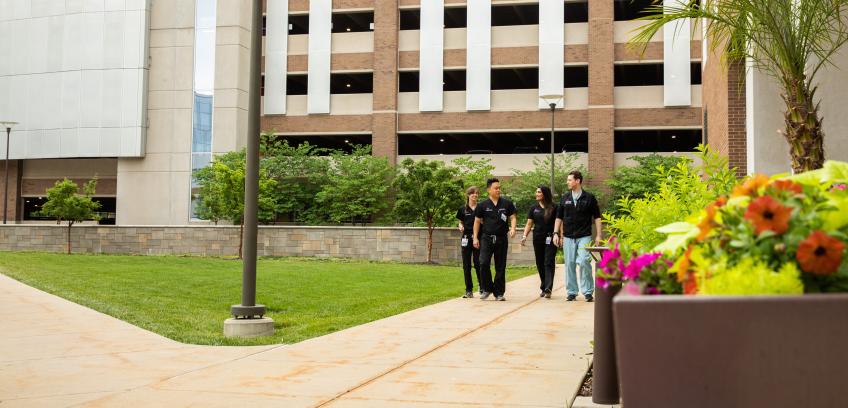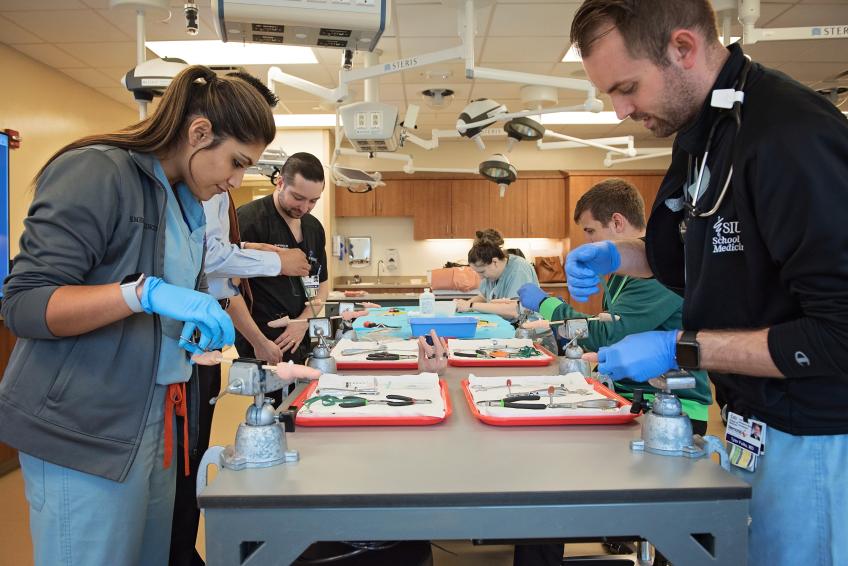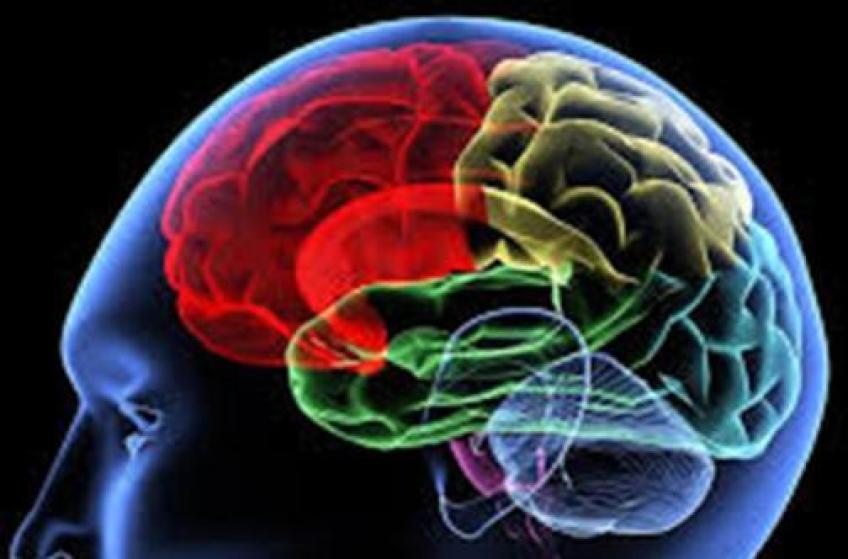Our residency
The Southern Illinois University School of Medicine Neurosurgery Residency Program is designed to develop highly skilled neurosurgeons through rigorous training, research, and hands-on clinical experience. Established in 2014, the SIU School of Medicine Neurosurgery program is a progressive and dynamic training initiative. Our program offers comprehensive rotations across multiple hospitals and outpatient clinical sites, all situated within close proximity of one another.
PROGRAM HIGHLIGHTS
Comprehensive Training: Our residency encompasses a broad range of neurosurgical specialties including spinal surgery, neuro-oncology, cerebrovascular, peripheral nerve, functional, and pediatric neurosurgery. Residents gain proficiency in both routine and complex procedures.
Experienced Faculty: Residents in our program learn from a team of neurosurgeons and specialists who are leaders in the field. Our faculty provides mentorship and guidance, ensuring a well-rounded educational experience.
Research Opportunities: Our program offers dedicated research time, collaborative projects, and access to faculty dedicated to assist residents in project development and management.
Supportive Environment: SIU School of Medicine residents benefit from a supportive and collegial atmosphere that fosters professional growth and well-being. Our program prioritizes resident education, work-life balance, and career development.
SIU School of Medicine is a program dedicated to advancing the field of neurosurgery and making a meaningful impact on patient care.
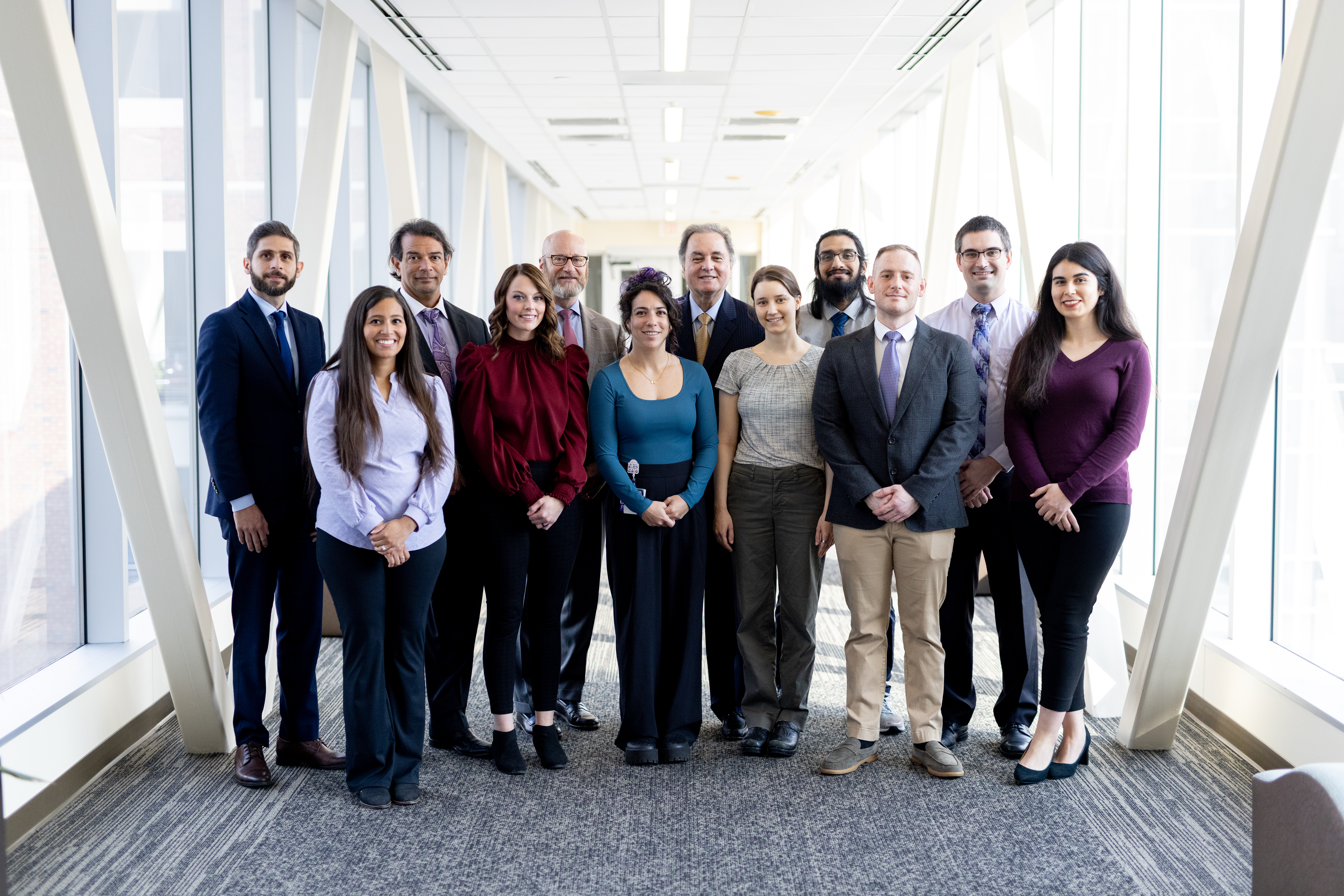
Application to Residency
We are currently approved for one categorical placement per year. We do not offer preliminary positions or observerships at this time.
Applications for the residency program will be accepted via the Electronic Residency Application Service ERAS). To be considered complete, an application must include three letters of recommendation, a personal statement, curriculum vitae, MSPE (formerly the Dean’s letter), USMLE Scores, Medical School Transcripts, and ECFMG Certification (if applicable).
For more information regarding our institutional policies, please click here.
The interview process begins with a dinner and social event on the evening before the interviews, where all applicants, current residents, and faculty can mingle.
On the interview day, you’ll start with an introduction and breakfast with program leadership. This will be followed by a series of interviews with faculty members and a tour led by current residents. Before leaving the Springfield area, you’ll have one final opportunity to meet with the Program Chair, Program Director, and Program Coordinator to address last-minute questions. The interview day will wrap up by early afternoon.
For the 2025 interview season, SIU Neurosurgery will hold in-person interviews only. Interviews will be conducted on Fridays, with a dinner and social event scheduled for the preceding Thursday evening.
- Friday, October 24 (Social Thursday, October 23)
- Friday, November 7 (Social Thursday, November 6)
- Friday, November 14 (Social Thursday, November 13)
SIU School of Medicine will continue to use the Standardized Interview Release Dates established by the Society of Neurological Surgeons Recruitment Guidelines. Interview invitations will be sent on the first Friday in October after 3:00 pm CST. Slots will be held for 48 hours. The next interview invitations will be sent on a subsequent Friday at 3:00 pm CST.
SIU Neurosurgery accepts applications through ERAS. Thalamus will be used to offer and schedule interviews. If you have a strong interest in interviewing at our residency program, we encourage you to indicate your preference via the preference signaling process. If you have a strong interest in matching at our program upon completion of your interviews, you are welcome to indicate your preference to our program leadership. However, we do not require nor necessitate such a response. Our policies are in accordance with NRMP rules of conduct. To ensure fairness and equity, we do not contact any applicants regarding their ranking preference or placement. Though we appreciate emails, “snail mail” thank you cards, and other post-interview gratitude notes, please know that this is not required and will not influence the ranking process.
Neurosurgery Residency Curriculum
All residents will follow the curriculum for a Residency in Neurological Surgery as outlined by the Society of Neurological Surgeons Matrix Project. Evaluations of specific competencies will be made following the Society of Neurological Surgeons Milestones Project.
Curriculum by year
The PGY1 resident begins on the Neurological Surgery service, where he or she will experience SIU Neurosurgery first-hand. During this first month, the resident will be expected to attend the Society of Neurological Surgeons Fundamental Skills Boot Camp. Throughout this year, the resident will also attend courses in the SIU Surgical Skills Laboratory as part of the SIU Department of Surgery. All PGY1 residents in the SIU Department of Surgery will be evaluated for the acquisition of cross-specialty surgical skills through a verification of proficiency (VOP) program. These were developed at SIU for General Surgery and have been incorporated into Phase I of the ACS/APDS curriculum. Residents must complete the VOP’s with a passing performance by faculty before serving as the operating surgeon of the associated case in the OR. The PGY1 resident will return to the Neurological Surgery service in the months of September and November.
During the months of August, October, and December, the PGY1 resident will rotate on the Neurology service at both hospitals, fulfilling the educational requirements related to this specialty.
The PGY1 resident will rotate for one month on the Trauma service. The resident will experience learning in adult trauma and general surgery as well as pediatric trauma.
For the remainder of the PGY1 year, the resident will build general skills rotating on services such as Otolaryngology, Neuroradiology, Plastic Surgery, Anesthesia, and Orthopedics.
The PGY2 resident will spend three months rotating on the Neurocritical Care Service at both hospitals. The PGY2 resident will learn basic and advanced skills related to the care of critically ill patients with neurological disorders. Skills learned in the Boot Camp simulation labs will be used under the supervision of neurological surgery and neurocritical care faculty.
The PGY2 resident will spend the next nine months of the year as a junior resident on the Neurological Surgery Service at both hospitals, participating in pre-operative and post-operative care and in the operating room during neurological surgery procedures. While on the Neurological Surgery service, residents will also be assigned to participate in an outpatient clinic for one-half day per week either at SIU Neurosurgery Clinic or the Springfield Clinic Neurosurgery Clinic
PGY3-5 residents will spend their year on the Neurological Surgery service as intermediate and senior level residents at both hospitals, participating in pre-operative and post-operative care and in the operating room during neurological surgery procedures. Residents will also be assigned to participate in an outpatient clinic for one half-day per week either at SIU Neurosurgery Clinic or the Springfield Clinic Neurosurgery Clinic.
The PGY6 resident will spend the year devoted to a focused elective approved by both the ACGME and ABNS. Plans for this elective should be approved by the beginning of the PGY5 year.
The PGY7 resident is the Chief Resident in Neurological Surgery at SIU at both hospitals, participating in pre-operative and post-operative care and in the operating room during neurological surgery procedures. This year is devoted to learning neurological surgery skills at the senior level as well as teaching the more junior residents. The Chief Resident will also be assigned to participate in an outpatient clinic for one half-day per week either at SIU Neurosurgery Clinic or the Springfield Clinic Neurosurgery Clinic.
Consistent with its history and mission, there is a strong tradition of and opportunity for educational research within the Department of Surgery at SIU School of Medicine. All residents are required to undertake a Quality Improvement Project at the PGY1 and 2 level. Residents have opportunities to collaborate with faculty as well as educational, translational, and basic scientists throughout the School of Medicine to further their research efforts. Current Research
Conference schedule
Thursday
6 – 8 p.m. Journal Club (once monthly)
Topics and subspecialties vary by month, informal setting, typically over dinner with attending faculty.
Friday
7 - 8 a.m. Rotating Conference
Endovascular and Neuro-Radiology Morbidity and Mortality Tumor Board
8 - 10 a.m. Core Conference (weekly)
10 a.m. - 12 p.m. Resident didactics (weekly)
Monthly
8:30 a.m. – 12 p.m. Surgical Skills Lab
Neurosurgery Residency Leadership
Nicole White
PO Box 19638
Springfield, IL 62794
(217) 545-8863
nwhite86@siumed.edu
Faculty
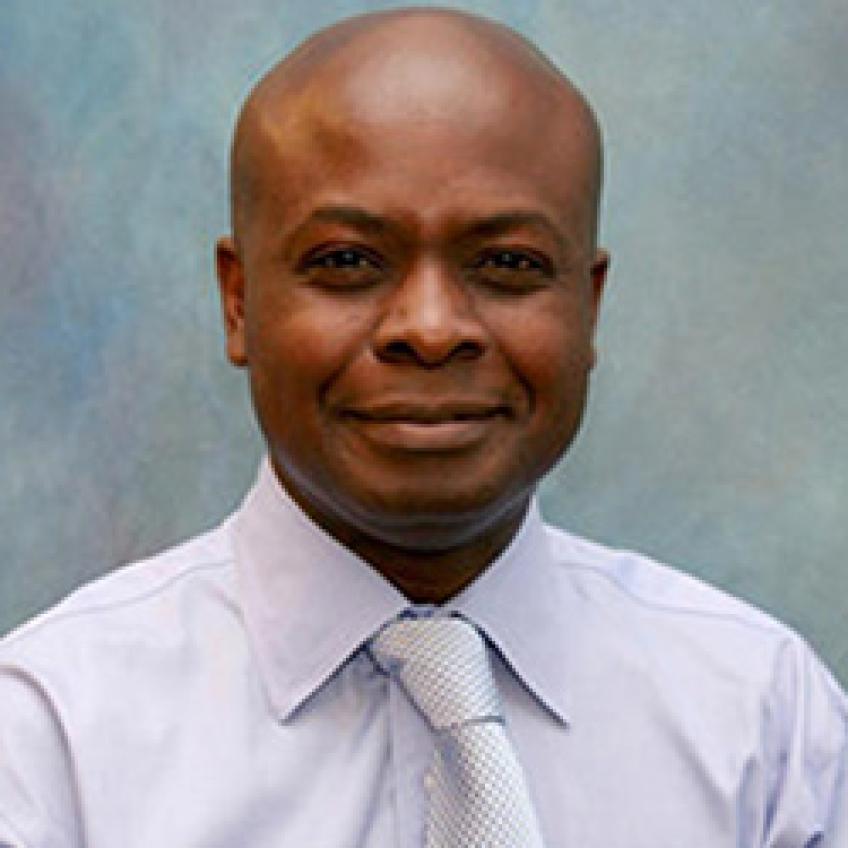
Leslie Acakpo-Satchivi, MD, PhD
Springfield Clinic, Neurosurgery
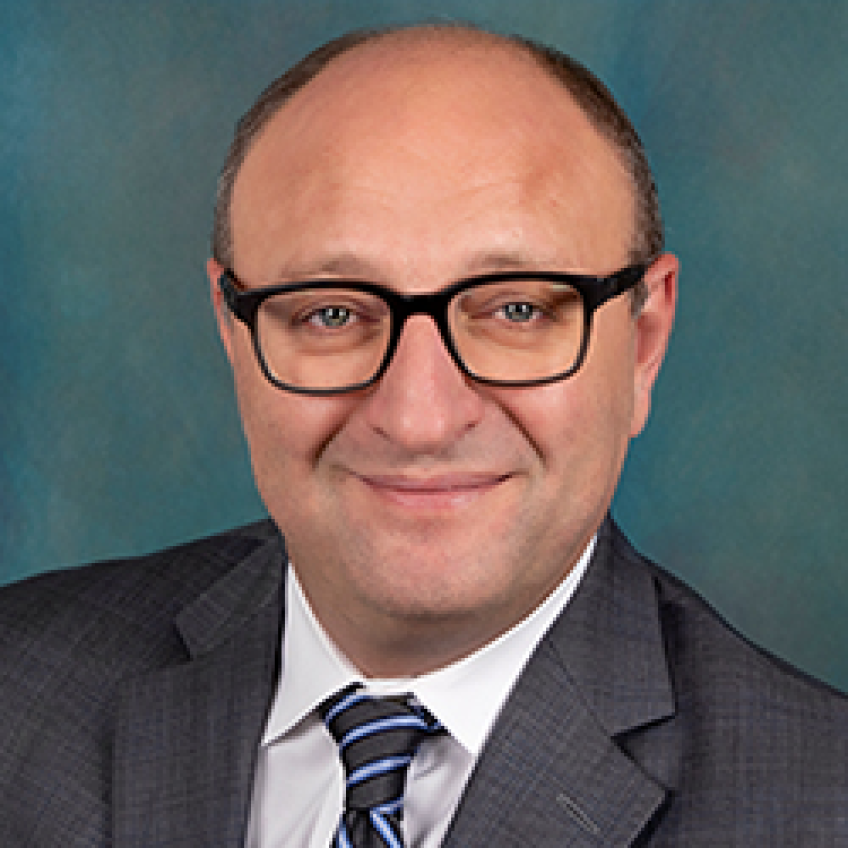
Hayan Dayoub, MD
Springfield Clinic, Neurosurgery
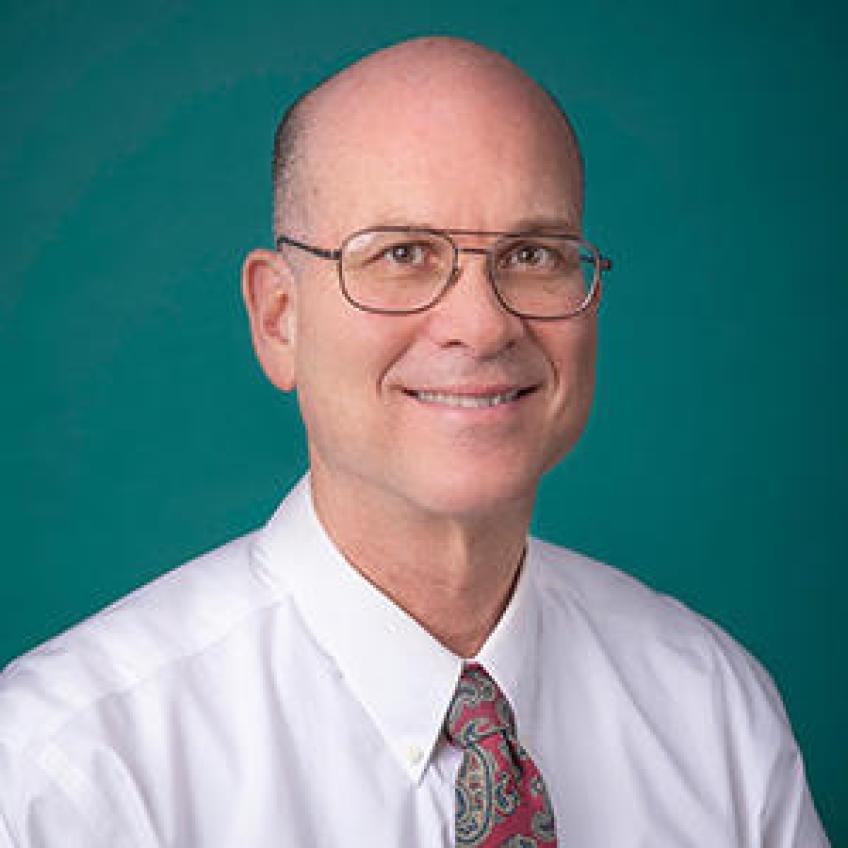
Casey Muehle, MD
Springfield Clinic, Radiology
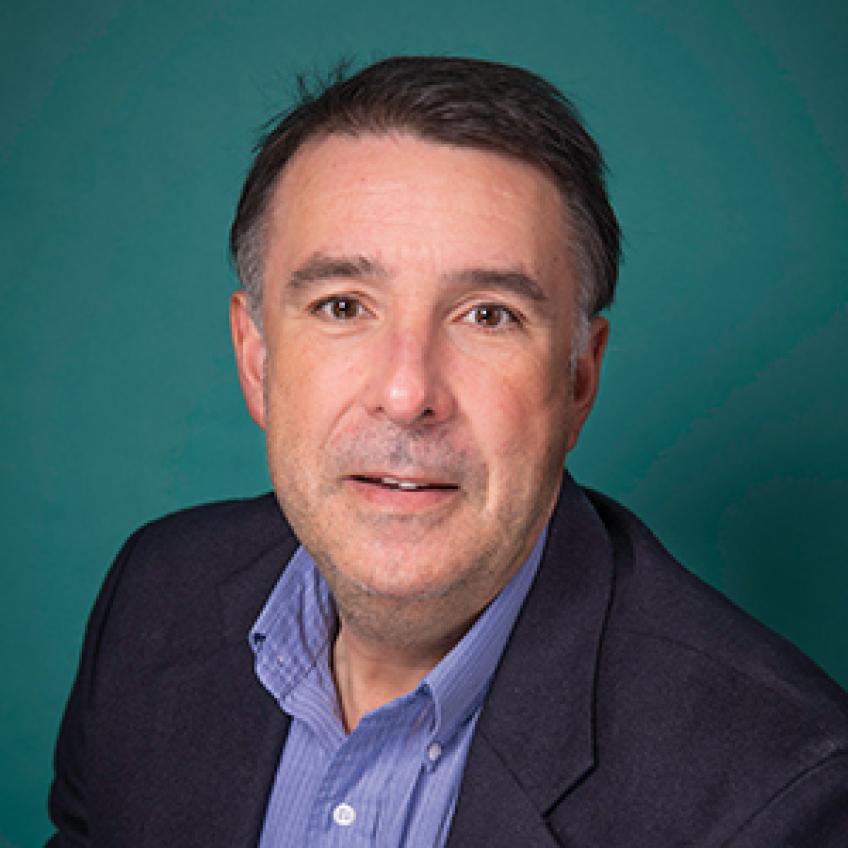
Stephen Pineda, MD
Springfield Clinic, Orthopedic Surgery

